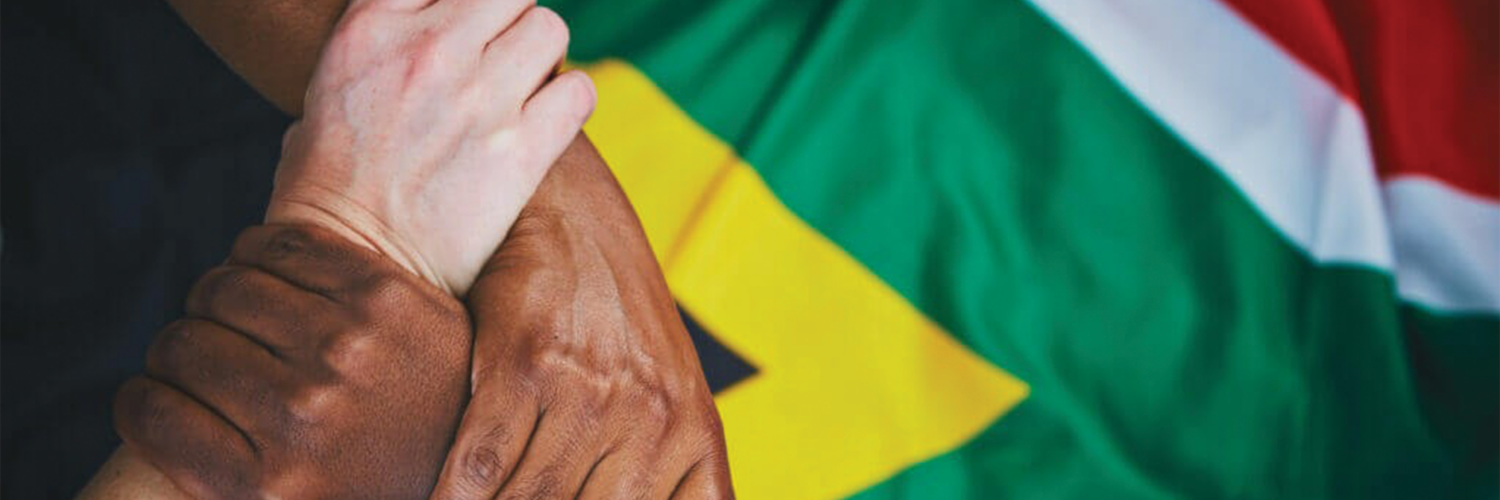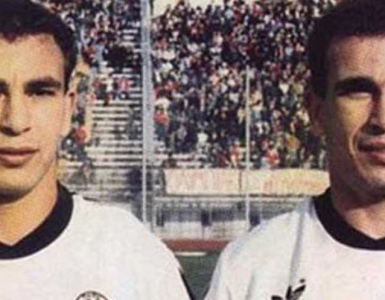Fail: Most opposition parties labelled the president’s speech uninspiring and a repeat of failed promises.
By Monk Nkomo
South Africans have toiled long and hard enough to build a nation united in its diversity and must stand united as a nation now as they were facing harsh global wind and should not allow anyone to define or divide them.
This was said by President Cyril Ramaphosa during his response to the debate on his State of the Nation Address at the Cape Town City Hall.
‘’ This is not the time for any of us to rush off to foreign lands to lay complaints about issues that we can solve ourselves in this country’’, he said to loud applause from Members of Parliament who have been critical about members of AfriForum who have been accused of peddling false information to the US President, Donald Trump about South Africa’s land expropriation policy.
Ramaphosa stressed that South Africa was firmly committed to the fundamental principle that South Africa belonged to all who lived in it and the government was committed to a society that was non-racial and non-sexist.
‘’ We want to live together in peace, harmony and equality. We also need South African solutions to South African problems. We must say to our people and to the world that we are committed to work together to build a society in which all South Africans are free and equal.
‘’ And I repeat : We will not be bullied from our intent to work together. We will not be diverted from the path that we set out. As a country, this is a moment of continuity and change. It is a moment of continuity because we are building on the substantial advances made over 30 years of democracy and we are taking forward the far-reaching reforms that we embarked on in the previous administration. ’’
Ramaphosa was responding to mixed reactions from political parties regarding his State of the Nation Address with most opposition parties labelling his speech boring, uninspiring and hollow.
• Leader of the Economic Freedom Fighters, Julius Malema lashed at the President for failing to account on his previous promises and accused him of waffling. The President spoke of creating jobs without explaining how and where those jobs were going to be created.
• Action SA leader, Herman Mashaba lamented that the country was still struggling under one of the highest unemployment rates in the most unequal society in the world.
• Leader of African Transformation Movement, Vuyo Zungula, said South Africans were still struggling to make ends meet and others had resorted to taking their own lives as they could no longer cope.
• MK Party spokesperson, Nhlamulo Ndhlela said the President’s speech was a reflection of a failed State.
• Secretary general of Good Party, Brett Herron felt that there was a lot of positive issues announced by the President but cautiously added that the proof of the pudding would be in the implementation and delivery.
• The ANC’s first deputy secretary-general, Nomvula Mokonyane, was happy with the speech and said this was in line with the party’s commitment to drive economic growth and create jobs.
• DA leader, John Steenhuisen, also supported the President saying he had also outlined how cabinet ministers were implementing plans to , amongst others, grow the economy and create jobs.
The President said at this important moment in our country and in our world, South Africans must ask themselves what kind of a nation they wanted to be. ‘’ Surely, we do not want a nation which is separated by race, language, income and geography. We want a nation in which all enjoy equal worth and equal opportunity. We want a nation in which the rule of law is protected and upheld. We want a dynamic and growing economy in which small businesses can emerge and expand.’’
Ramaphosa thanked Members of Parliament for their contributions to the debate on his State of the Nation Address and welcomed in particular those contributions that sought to enrich their common understanding of the work that they needed to do to drive more rapid and inclusive growth, to create employment and to end poverty.
‘’Some speakers held firm to the denialism and distortions demanded by their party positions. This debate illustrated the dangers of retreating to corners, isolating ourselves in ideological, cultural, racial and linguistic enclaves and hardly ever engaging beyond our immediate circles. This is not conducive to nation-building in a situation like ours, where diverse people live side-by-side’’.
South Africans, informed by their different lived experiences, can discuss the many challenges facing the nation and develop common solutions.
As South Africans, Ramaphosa said, they had sat around the negotiating table and forged agreements under much more trying and fraught circumstances.
‘’The journey we are embarking upon now through the National Dialogue will result in concrete processes to become a more united and stronger South Africa in the face of many political, social and economic challenges, both globally and locally’’.
The debate on his State of the Nation Address, saw the expression of divergent views on various matters by parties that made up the Government of National Unity. Sometimes these views were harshly expressed.
Ramaphosa said many of the speakers in the debate acknowledged the real challenges South Africa faced today and recognised the work that was underway to address these challenges. The nation they wanted to be built must be fundamentally different from the country that we once were.
‘’Even those who may well have been opposed to the foundational document of our Constitution, the Freedom Charter, now embrace its tenets. That shows the growing political maturity in our country; that we are embracing the change that our forebearers dreamed of 70 years ago.
We are the first to acknowledge that we have not yet achieved a number of the aspirations set out in the Freedom Charter, but it is dishonest to say that no significant progress has been made.’’
A number of the speakers during this debate spoke about the land question, which he had in the past, said was the original sin that was committed against the people of this country.
Describing the Natives Land Act of 1913, Solomon T Plaatje described the Natives Land Act of 1913 as ‘’an insidious law that rendered black South Africans pariahs in the land of their birth”.
It was this Natives Land Act that plunged millions of people into poverty and deprivation, whose impact endured to this day. Despite the terrible deed that was perpetrated against black South Africans, in the City of Cape Town, along the foothills of Table Mountain, lay a potent symbol of hope, change and progress.
Just a few kilometres up the hill from Parliament, was District Six. It was here that one of the most painful chapters in the history of this country took place nearly 60 years ago. In 1968, the apartheid regime began demolishing District Six to make way for a whites-only suburb. More than 60,000 people were forcibly removed. Families were torn apart. An entire community and way of life was destroyed.
Over the course of two decades, the apartheid regime forcibly removed more than 3.5 million people in District Six, Sophiatown, Marabastad, Cato Manor, Kroonstad, Nelspruit and many other places across the country. It was one of the largest mass removals of people in modern history.
‘’There are some in this House today who have memories of their families being forcibly removed from their land. There are millions more across the country who still experience the effects of this monstrous crime. The people of this country know the pain of forced removals. That is why we will never allow forced removals again. That is why we have a Constitution that prohibits the arbitrary deprivation of property.
‘’That is why we have a Constitution that requires just and equitable compensation be paid in the event of expropriation for a public purpose or in the public interest. Our experience of forced removals also explains the Constitutional requirement that the State must take reasonable measures, within its available resources, to foster conditions which enable citizens to gain access to land on an equitable basis’’.
The President said today, District Six rang with the sounds of families who had been returned to the land that was taken from them. Yet, like the transformation of our society, the process of restitution is not complete. There was still much that needed to be done to heal the divisions of the past.
He reflected on this part of our history not only because issues of land and redress had featured prominently in this debate, but also because understanding this past was vital to understanding the nation that they were working to build today.
‘’Together we should be better and weavers ready to build a nation working alongside each other’’. The structural reforms initiated under Operation Vulindlela, according to Ramaphosa, were well underway led by the Presidency and National Treasury and executed through intergovernmental cooperation. He promised that they would move with even greater urgency and determination to ensure that they were implemented.
Working with their partners – business, labour and community organisations – they were making considerable progress towards resolving challenges in the country’s ports and rail and in laying the groundwork for an energy secure future.


































